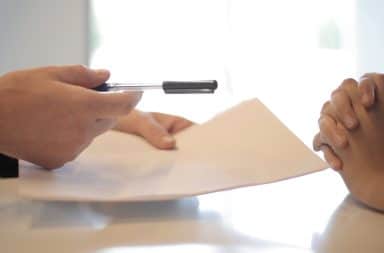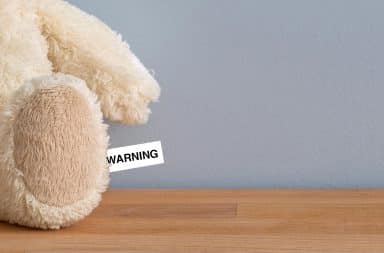City Residents,
It’s with regret we inform you that reopening the public aquatic center this summer has been made impossible due to concerns over the spread of COVID-19, and additional concerns over the dozens of other sickening things we discovered while inspecting our pool. We’ve concluded that keeping swimmers and pool employees safe from coronavirus infection, staph infection, ear infection, yeast infection, pink eye, cellulitis, ringworm, and food poisoning is not possible at this time, or really any time.
Initially, the plan was to implement a multi-phase reopen that would allow lap swimming and most swim lessons to resume. Then we began to take a look around the place, and it very quickly turned into a single-phase reopen. Which turned into a single-phase reopen with heavy restrictions. Which turned into a “this place is disgusting and should never be open to the public.”
And the more we examined the premises to try and come up with a plan for social distancing, the more we realized that no amount of social distancing would save you and your family from the terrifying bacterial grasps of our public pool. Could we possibly keep everyone six feet apart from the thousands of e. coli cells in the water? Would a waterproof mask prevent you from swallowing tiny bits of fecal matter? Maybe, but the more important question here is this: how many tiny bits of fecal matter have you already swallowed while swimming in this somehow completely legal vat of toxins?
According to our estimates, probably a lot. And according to our other estimates, sanitizing the tube slide every fifteen minutes won’t do your kids much good, considering that every five minutes some filthy little punk stops himself halfway down to stand up and piss all over the place.
Unfortunately, the bodily fluids of children are only the tip of this nauseating iceberg. What we found covering the floor of the shallow end is unprintable, and makes reviving your favorite water aerobics class anytime soon tantamount to manslaughter. Spraying down the lazy river tube-handles after each use is like fighting Lyme disease with a spatula, and for every time you ran through our splash pad thinking it was a fun way to cool off, you might as well have been rolling around on the floor of a YMCA shower.
At this point you’re probably thinking: “Surely, there are ways to rid the pool of these things? What about chlorine, regular cleaning, those tan high schoolers with the nets?”
We thought the same things. Turns out that no matter what you do, allowing a random slice of the population to get half-naked and jump in the same stagnant thing of water is a risk to public health that gives coronavirus a run for its money. People talk about The White House’s botched response to the COVID pandemic, but my God, they and the World Health Organization really dropped the ball on their response to all the nasty, contagious fuckery living in this pool.
And yet we still had the naïvely to ask ourselves: “We can at least open things up for sunbathers, right? Let residents read a book and have an ice cream sandwich on a nice summer day?”
Nah. Not a fucking chance.
Every single one of those poolside chairs is a 4-star hotel for ticks, and we’re considering leveling the “Snack Hut” after seeing that termites and rats and an amazing amount of mildew did more than half the work for us. The fact that we let a bunch of sixteen-year-olds work back there without wearing masks and none of them were ever hospitalized for respiratory illness is nothing short of remarkable.
And if we do end up reopening this place sometime in the future, every one of you should be wearing a mask and carrying around a thing of Purell at all times. Even then, you’ll probably want to lock yourself up for two weeks after, just so no one has to smell the shit residue building up in your ear canal.
Maybe quarantine that summer-long pool pass as well, before a friend wants to borrow it so they too can waltz right into this louse-ridden travesty of a recreational service.
Warmly,
The public pool staff


